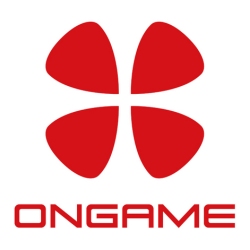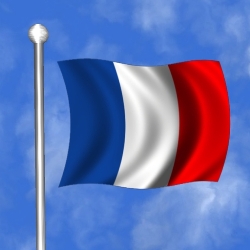Ongame Latest Casualty of Hostile iPoker Environment

Times are tough in the world of online poker, as interest continues to dwindle and highly fragmented markets make it harder and harder to maintain liquidity. As a result, small internet poker rooms are finding it increasingly difficult to stay profitable and remain competitive, and are consequently being forced to either shutter their sites, or merge with competitors in order to stay afloat. As Group Head of partypoker Tom Waters said in February:
“Smaller operators are going to struggle to survive without merging and I think that for poker, we will be left with 5 or 6 sites competing for the majority of the .com market in 12-18 months.”
On October 15th, the Ongame Poker Network subsequently became the latest casualty of an ailing iPoker industry, with the network having issued a statement to its players in late September informing them of its imminent closure.
Ongame Background
While many may have forgotten about Ongame, it was once a major player, and during the poker boom the network was sold for $570 million to a company which later became Bwin. Several exchanges of hands later, and Ongame has now been reduced to having virtually no value at all.
As recently as April 2008, Ongame had an average of 4,800 cash game players over a 7-day period, but that number declined dramatically after Bwin gutted the site and moved most of the players over to their partypoker platform. At the end of 2015, the Ongame Poker Network had an average of just 200 cash game players, and throughout 2016 that number fell further to around 100 players.
After Ongame was sold to NYX, there were some efforts to try and bolster the site. The company converted the currency to Euros in the hope of appealing more to European players, and even expanded into Bulgaria after acquiring a new license. New games were rolled out, and a very sophisticated mobile version of the network was released for smartphones and tablets. Yet despite these efforts, the site remained unprofitable. In April 2016, NYX then sold off most of their interest in Ongame to purchase Openbet, and as a company statement explained at the time:
“As part of the agreement, a partner with proven experience in the industry will take on all costs, customer contracts and development for the poker product. NYX will retain both a significant share of the new business and exclusive rights to use the poker product across North America.”
Migration to Other Networks
While Ongame is shutting, some of the thirteen skins that used to be hosted on the network will survive the closure, with MPN, once known as Microgaming, a chief beneficiary. This includes such sites as RedKings Poker, PAF.com, and Evoke Gaming, which is currently in the process of moving its main brands RedBet Poker and WhiteBet Poker over to MPN.
While Ongame player accounts can be migrated over to their new network homes, none of the rewards or loyalty points that the players have accumulated through the Ongame Poker Network will be eligible for transfer. Therefore, it’s more likely that many of the players will simply opt to find new online poker rooms to play as a result.
Benefits for MPN Network
If there is anything positive to come out of the failure of Ongame, it is that the move may help to strengthen MPN. The network is already a bit of an anomaly, because while other networks are struggling, MPN has managed to grow slightly after PKR migrated its site to MPN back in March 2016. Liquidity has increased considerably since then, in the process encouraging more play and launching MPN into the top ten popular poker networks in terms of traffic.
Currently, MPN is ranking at number seven on PokerScout’s ‘Online Poker Traffic Report’ with an average of 900 cash game players over a 7-day period. With the addition of new poker rooms and any players who do make the transition over from Ongame, liquidity at MPN will only increase further. It’s therefore possible that MPN may move from its number seven spot on the countdown to a space among the top five once all of the players are settled.










